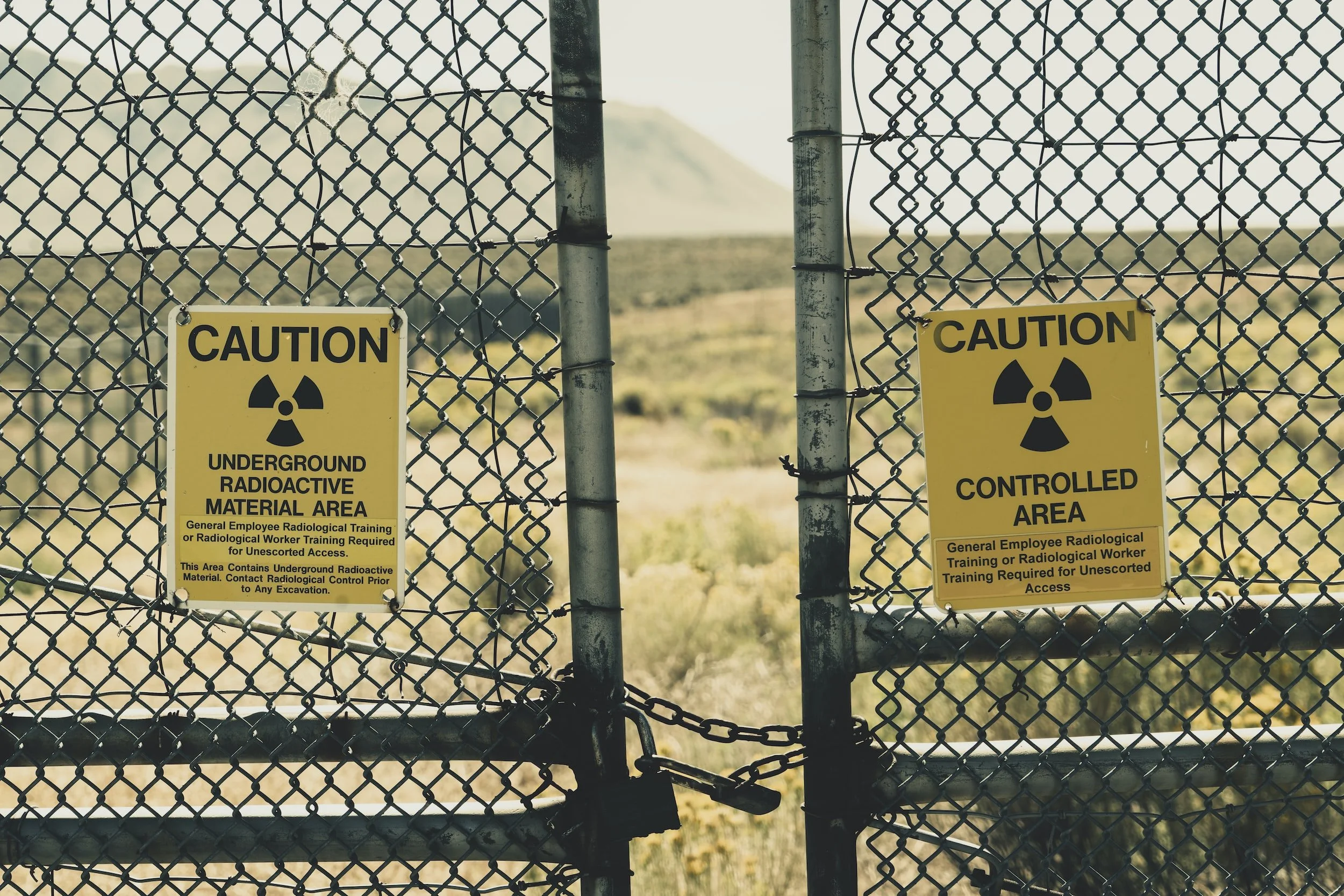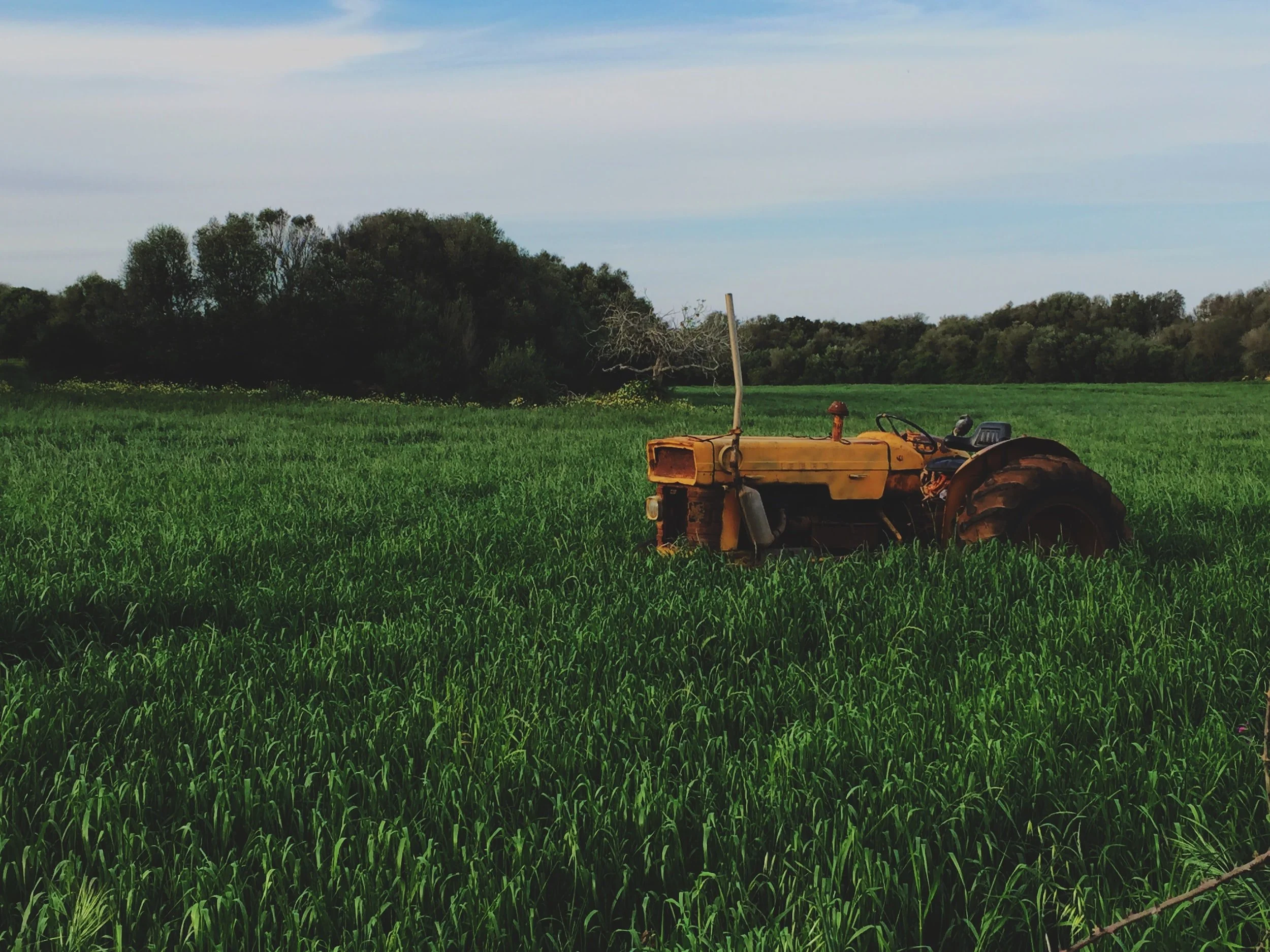Blog By: Bethany Thompson
3L Staffer Bethany Thompson discusses a recent expansion of veteran health care benefits, the PACT Act. This Act focuses on legislative efforts to address women veterans’ high risk of breast cancer and the Veteran Affairs’ failure to adequately implement those efforts.














